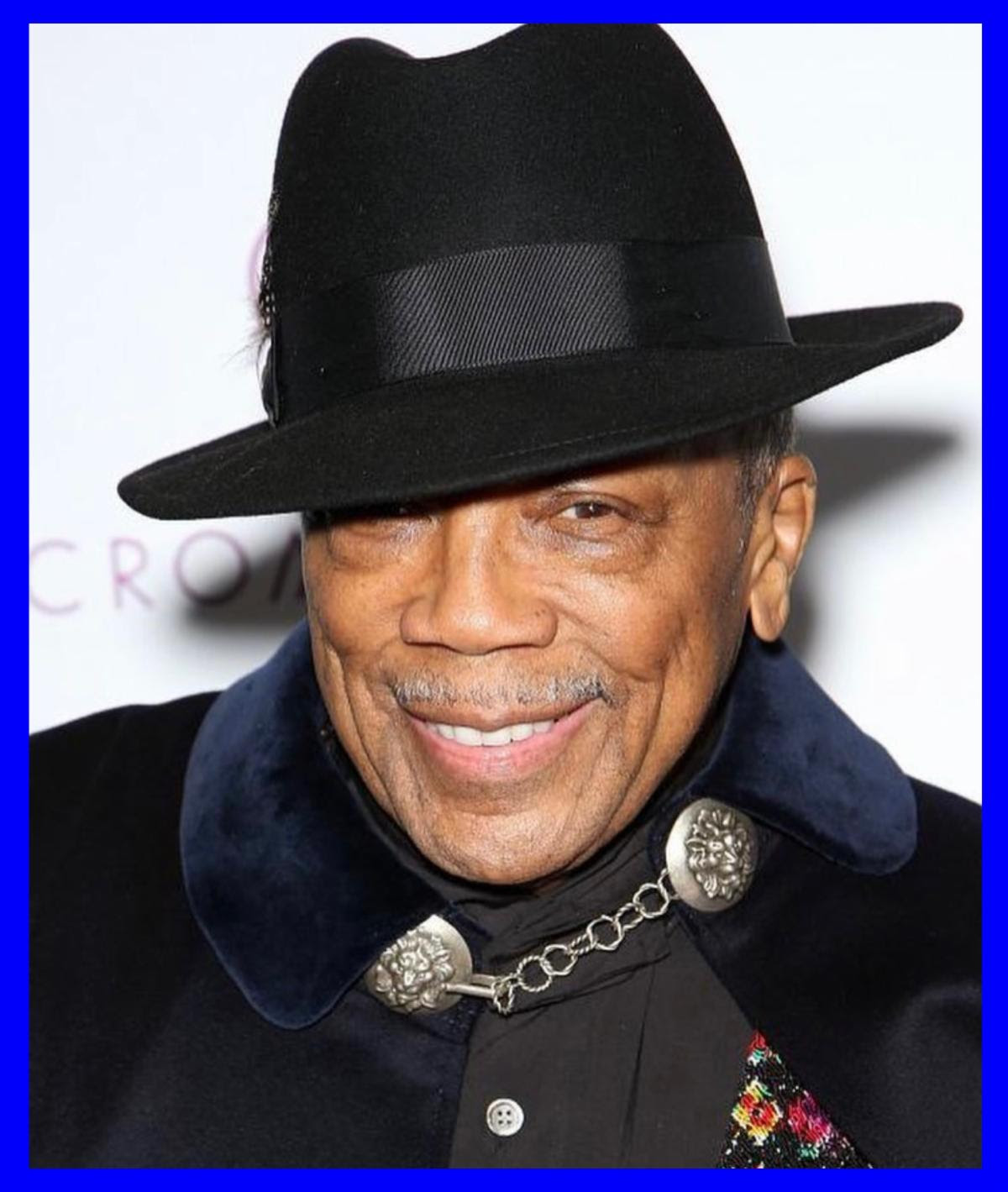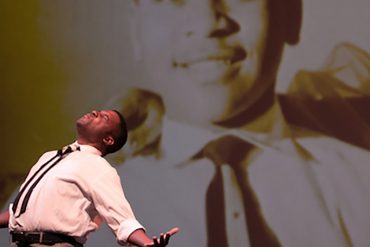Quincy Jones wasn’t just a musician; he was a maestro, a visionary, and a cultural force whose influence spanned more than seven decades. He was the hippest cat on the planet. With a career as expansive as it was impactful, Jones consistently redefined the boundaries of music, bringing various styles together and leaving an indelible mark on popular culture. From his humble beginnings in Chicago to receiving 80 Grammy nominations and 28 Grammy Awards, Quincy Jones remains an inspiring figure whose life and work resonate with audiences worldwide.
Early Life and Musical Awakening

Born on the south side of Chicago in 1933, Jones’s early life was marred by family struggles. At age 10, he moved to Seattle, where fate intervened in the form of a piano. Initially aspiring to be a gangster—a role he associated with wealth—Jones instead discovered his profound passion for music entirely by accident. This serendipitous encounter with a piano set him on a path to revolutionize the music industry. His next musical love was the trumpet, and under the tutelage of jazz master Clark Terry, Jones honed his skills and developed a deep understanding of music.

The Journey to Mastery
Jones’s exceptional talent and unyielding drive led him to run away with the Lionel Hampton band, only to be sent back due to his age. Yet, his persistence paid off when he returned at the right age and toured with Hampton for two years. These formative experiences imbued Jones with unparalleled musical insight, allowing him to master virtually every instrument he encountered. His insatiable curiosity and dedication to music made him a sought-after composer and arranger, working with the biggest names in the industry and crafting legendary concert shows. He loved Frank Sinatra, and they became fast friends. They made some of the best music ever – Quincy, Sinatra, and Basie at the Sands.
Collaborations and Cultural Impact

In 1973, Jones’s expertise was called upon for the PUSH Expo, organized by Reverend Jesse Jackson. I served as the cultural chairman and worked alongside him and industry giants like Cannonball Adderley, Pete Long, Al Bell and Clarence Avant to produce dynamic concert shows featuring Motown and Stax Records talents. Richard Thomas was the Expo chair, and we had loads of fun staging these shows. I learned about “perfection.”
These performances introduced audiences to emerging artists like The Jackson Five, who would become global superstars. The shows were electric each night, creating unforgettable experiences for audiences of over 10,000 at Chicago’s Amphitheater. The impact of these concerts was so profound that they were recently digitized for the film “Save the Children: A Concert for the Ages” playing on Netflix. One of Quincy’s masterful compositions was “Black Requiem.” It was played only once in Houston, Texas, with Ray Charles.

Personal Reflections and Legacy
The personal and professional relationships of Quincy Jones were as rich and varied as his music. He welcomed young couples into his life, like me and David. We spent a summer with Quincy and his family the summer I graduated from college, and along the way, he provided guidance and friendship for Rev. David Wallace and me as we navigated the world. I was working on my thesis, “The Sociology of Black American Music,” and Quincy was a key advisor for this work. Jones’s wisdom extended beyond music, offering advice on interracial marriage and societal expectations. This nurturing aspect of his personality was evident in his interactions with artists like Will Smith and Oprah, whose careers he helped shape.
Jones’s contributions went beyond mere musical notes; he was a cultural architect who shaped the soundscape of entire generations. His autobiography and the Netflix documentary “Listen Up” offer insights into his creative process and personal philosophy. At the same time, his book “12 Notes on Life and Creativity” encapsulates the wisdom he gathered over the years. It is a must-read for creative types.
Carpool Karaoke: The Series featuring Quincy and Rashida Jones

Quincy and his daughter Rashida Jones (Mother Peggy Lipton) were featured in the Apple TV + original series Carpool Karaoke in 2018.
Conclusion…

The legacy of Quincy Jones is not just in the music he created, the lives he touched, or the barriers he broke. A testament to the power of perseverance, talent, and collaboration, Jones leaves behind a legacy that will continue to inspire generations. He was a connector and the ultimate influencer. To truly understand his contribution to music and culture, one must listen to his work and appreciate the man behind the melodies—an eternal maestro who, in his own words, made music as luxurious as MINK.
We will listen to his music forever, follow his life lessons, and remember him as the hippest cat on the planet. We will miss him, even morn him, but he lived a life completely. I mourn his passing but will forever remember his influence and viva his music. He indeed was the hippest guy on the planet.
My favorites:
1955 Dinah Washington – For Those In Love
1964 Sarah Vaughn – You’re Mine You
1959 Ray Charles – The Genius of Ray Charles
1962. Billy Eckstine – Eckstine at Basin Street East
1970. Killer Joe – Quincy
1966. Sinatra – Sinatra and Basie at the Sands
1978 – Stuff Like That
1982 Michael Jackson – Thriller
1989 Ray Charles – I’ll Be Good To You
1992. Donny Hathaway – Come Back Charleston Blue
1993 Miles – Miles Davis and Quincy at Montreux
1995 – Jook Joint






